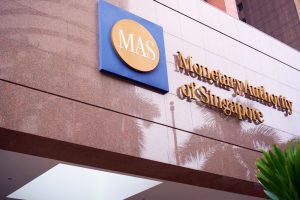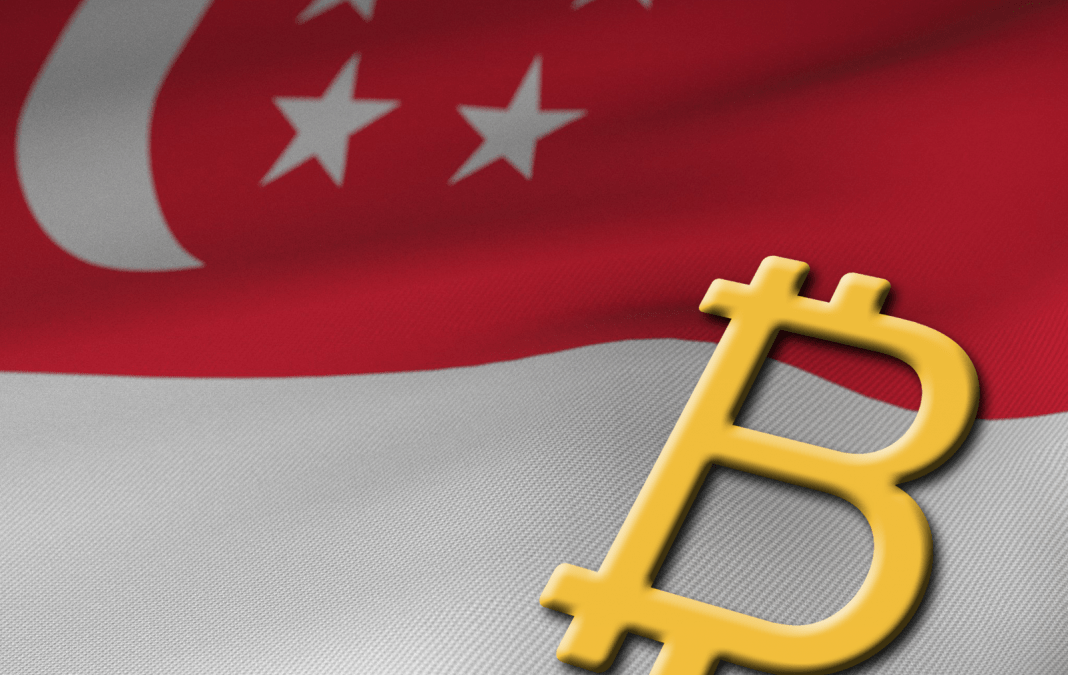Singapore’s central bank, the Monetary Authority of Singapore (MAS), has published a document that seeks to clarify the nation’s ICO regulations. The document iterates many of the sentiments expressed in the United States Securities and Exchanges Commission’s recent warnings, with Singapore’s central bank stating that some ICOs may be subject to securities laws, depending on the utility of the token.
Also Read: 20+ New ICOs Announced Despite SEC Warnings
The MAS Has “Observed That the Function of Digital Tokens Has Evolved Beyond Just Being a Virtual Currency”

Singapore’s central bank has issued a statement that seeks to clarify the nation’s ICO regulations. The document has been issued “in the wake of a recent increase in the number of initial coin (or token) offerings (ICOs) in Singapore as a means of raising funds.”
The document defines ‘digital tokens’ as a “cryptographically-secured representation of a token-holder’s rights to receive a benefit or to perform specified functions.” Virtual currencies are defined as “one particular type of digital token, which typically functions as a medium of exchange, a unit of account or a store of value.”
Singapore’s central bank has “observed that the function of digital tokens has evolved beyond just being a virtual currency. For example, digital tokens may represent ownership or a security interest over an issuer’s assets or property. Such tokens may therefore be considered an offer of shares or units in a collective investment scheme under the [Securities and Futures Act]. Digital tokens may also represent a debt owed by an issuer and be considered a debenture under the SFA.”
“Platforms Facilitating Secondary Trading of Such Tokens Would Also Have to Be Approved or Recognised by MAS… or Recognised… Under the SFA.”

The document states that businesses that “offer or issue… digital tokens in Singapore” will fall under the regulatory jurisdiction of Monetary Authority of Singapore “if the digital tokens constitute products regulated under the Securities and Futures Act (Cap. 289) (SFA).”
The document also states that “platforms facilitating secondary trading of such tokens would also have to be approved or recognised by MAS as an approved exchange or recognised market operator respectively under the SFA.”
The Monetary Authority of Singapore has not yet determined how to regulate money laundering and terrorist financing risks that may be associated with digital tokens that have utility other than constituting a virtual currency. “ICOs are vulnerable to money laundering and terrorist financing (ML/TF) risks due to the anonymous nature of the transactions, and the ease with which large sums of monies may be raised in a short period of time… MAS is currently assessing how to regulate ML/TF risks associated with activities involving digital tokens that do not function solely as virtual currencies.”
Ultimately, Singapore’s central bank recommends that businesses operating within the cryptocurrency industries should seek independent legal advice to avoid running afoul of the new ICO regulations. “All issuers of digital tokens, intermediaries facilitating or advising on an offer of digital tokens, and platforms facilitating trading in digital tokens should therefore seek independent legal advice to ensure they comply with all applicable laws, and consult MAS where appropriate.”
Do you think that ICOs will be able to continue to flourish despite growing pressure from regulators? Share your thoughts in the comments section below!
Images courtesy of Shutterstock
Need to calculate your bitcoin holdings? Check our tools section.














